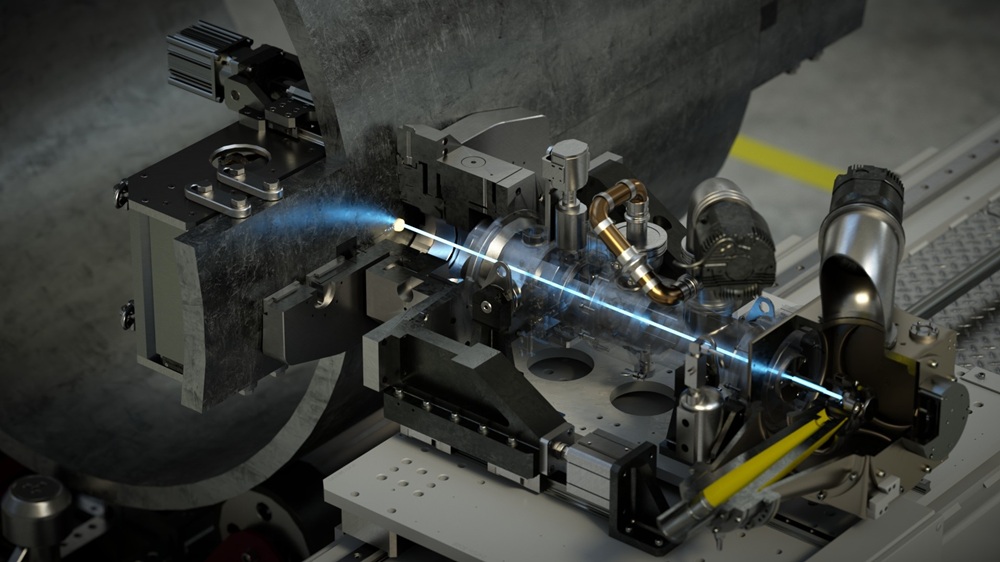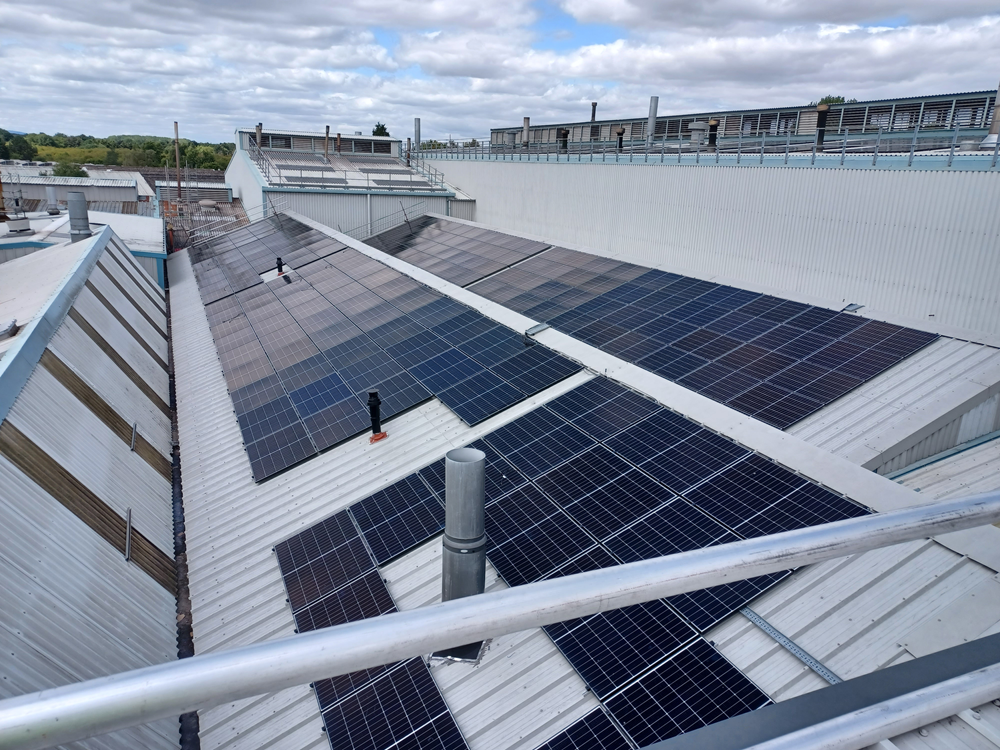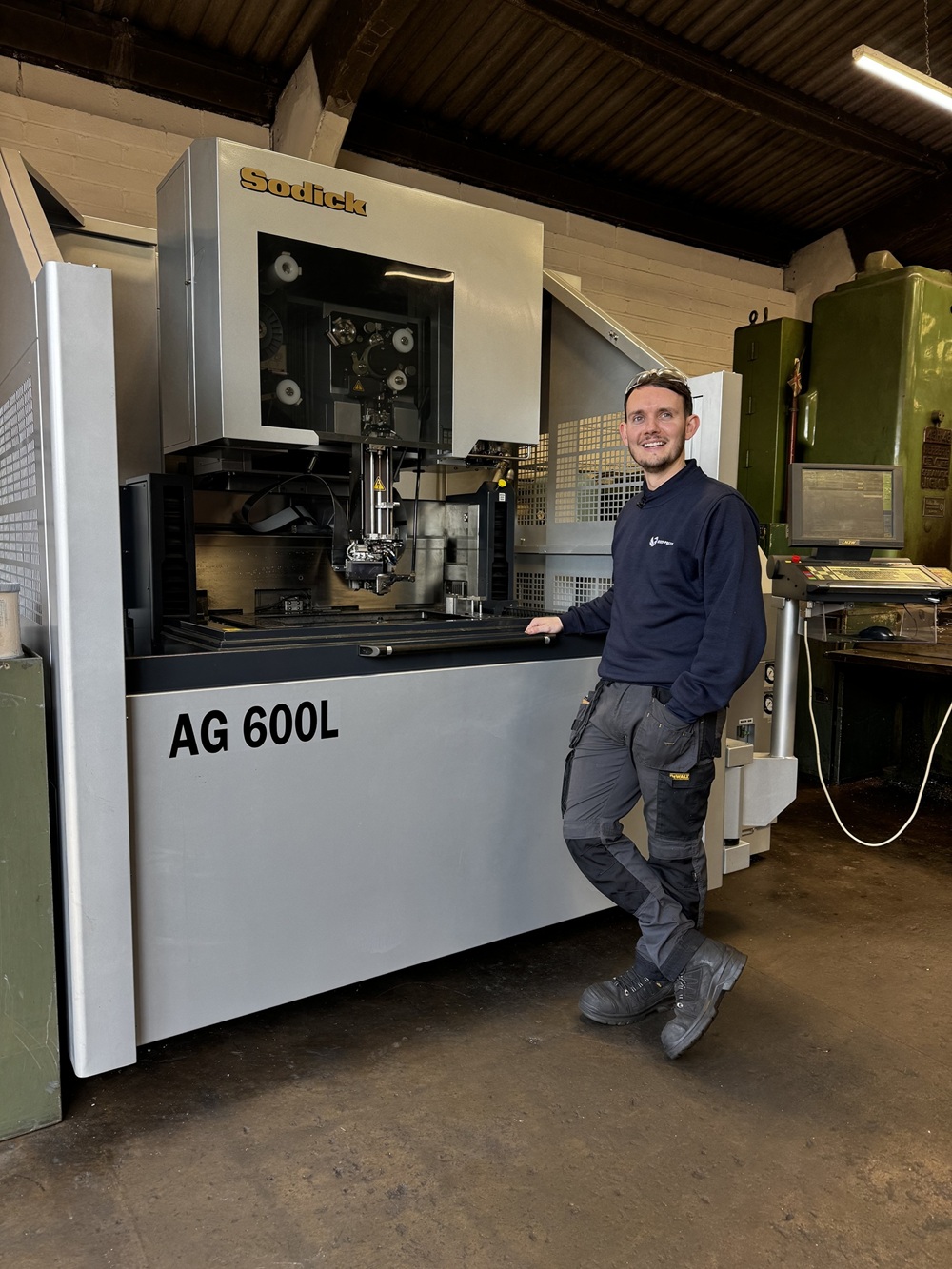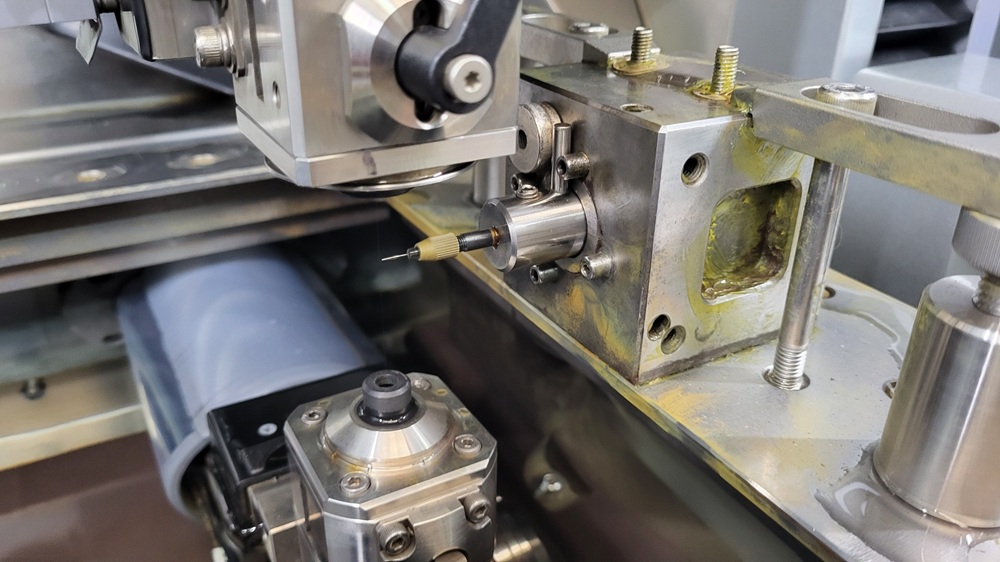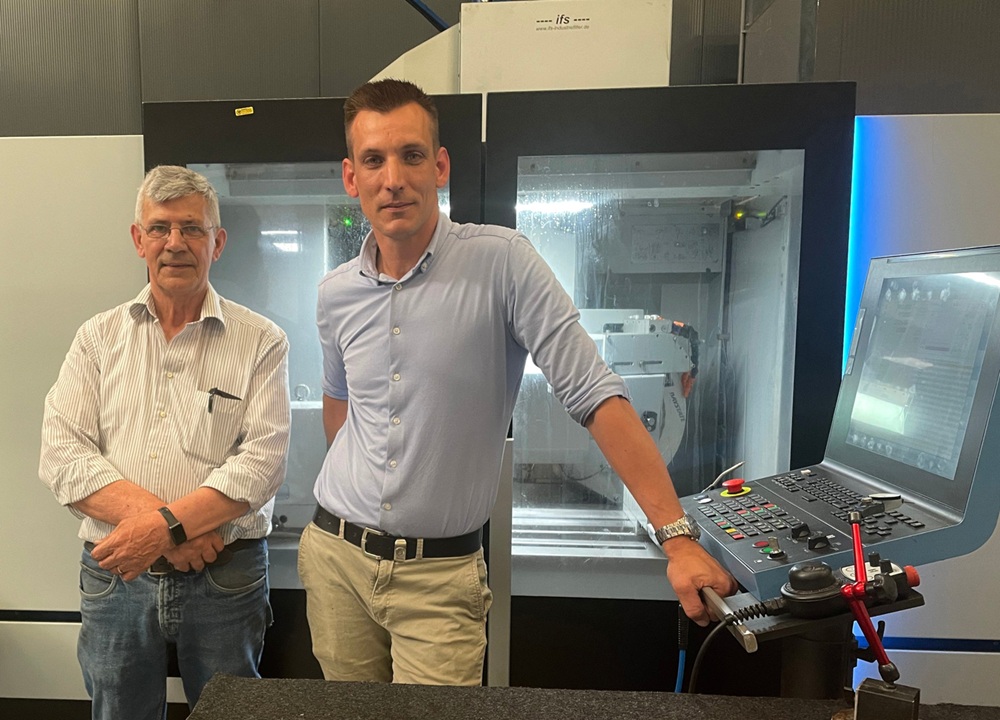Cambridge Vacuum Engineering (CVE) has been recognised as one of the UK’s Best
Workplaces in Manufacturing, Production & Transportation 2025, as announced by Great
Place To Work UK last month. At the heart of this recognition is the Trust Index employee
survey, which gathers anonymous insights from employees, focusing on key areas such as
work-life balance, job satisfaction, psychological safety and professional development.
The survey also evaluates how consistently organisations deliver a positive experience
across all departments and levels of seniority. Bob Nicolson, managing director at CVE, says:
“We’re proud to be recognised as one of the UK’s Best Workplaces in Manufacturing,
Production & Transportation for the second year running. At CVE, we believe that investing
in our people – their growth, wellbeing, and success – is the foundation of our progress.”
More information https://camvaceng.com/






